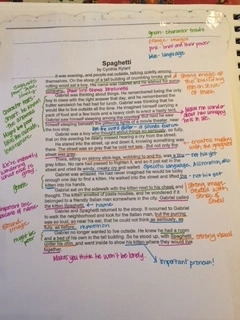
Note: This is NOT an academic writing course or a course about writing essays and term papers.
This literary studies seminar deals with what sometimes is referred to as the fourth genre (next to drama, narrative fiction and poetry), namely the essay. We will trace the history of this short text form from Michel de Montaigne in the 16th century to the present-day and feminist writers such as Rebecca Solnit and Zadie Smith. Because of its shortness, the essay has historically often been overlooked or regarded as a ‘less serious’ text form. Admittedly, essays – even today – are everywhere and present us with occasionally rambling personal insights in the form of blogs. However, some of the most powerful discussions on personal freedom, aesthetic principles and political emancipation have been expressed in the form of essays, as their limited length comes with an increased responsibility for authors to present dense thoughts in a rhetorically powerful way.
Beginning with a meta-essay (by Theodor Adorno, a famous figure in the Frankfurt context especially), we will first establish what makes an essay an essay, and ask ourselves whether there are stock ingredients that are necessary for a text to be recognizable as such. We will then read exemplary essays by authors from the 16thand 19th centuries such as Montaigne, William Hazlitt and R.L. Stevenson, which primarily focus on the personal and on satirical political commentary. Turning to the 20th century we will see how authors such as Susan Sontag and Joan Didion have used the essay form to formulate sharp diagnoses of present-day Western societies and media consumption. We will end with authors such as Rebecca Solnit (associated with coining the term ‘mansplaining’) and Cal Flyn who take the essay into the direction of (eco)feminism, and, using a more accessible language, point to the collaborative process of reading as an interaction between writer/essayist and reader.
By the end of this seminar, students will
(1) display familiarity with the history and generic conventions of the literary essay;
(2) offer comprehensive analyses of different types of essays that are informed by knowledge of their cultural contexts;
(3) recognize and critically assess the status and importance of a variety of political and aesthetic concerns discussed by a range of essayists in the context of 19th to 21st century cultural production.
- Trainer/in: Heidi Liedke
